Careers in quantum

Exploring a range of career opportunities available for university and PhD students interested in quantum science.
Quantum science is a rapidly advancing field with a wide range of possible career paths for university students.
This event will hear from several accomplished individuals who have managed to forge a career path in quantum. Whether it be as an entrepreneur, a technical specialist or a policy specialist this event will showcase the range of career opportunities available to those studying, or interested in, quantum science.
Please note: This event is only open to University students over the age of 18.
Attending the event
This event is an in-person only event to be held at the The Royal Society, 6-9 Carlton House Terrace, SW1Y 5AG. A recording of the event will be made available after the event.
Schedule
Chair
Professor Ruth Oulton, University of Bristol, UK
Professor Ruth Oulton, University of Bristol, UK
Ruth Oulton’s field of research involves the study of nanoscale semiconductor devices that enable the exchange of “quantum” information between a single electron and a single photon. The idea is that they can use the rules of quantum mechanics to perform computing and measurements in a completely new way. She take ideas from quantum theory and information science, bring them together with what we are beginning to understand about semiconductors on the nanoscale, and to make working quantum devices that engineers will use as part of their everyday toolkit. In her recent work she studies single electron spins in atomic-like systems, and studies how the angular momentum of the photon and spin exchange information, and how photonic design can influence this. In other interdisciplinary side projects she studies the role of photonic structures in plants such as seaweed and begonias.
| 14:35-15:20 |
Panellists
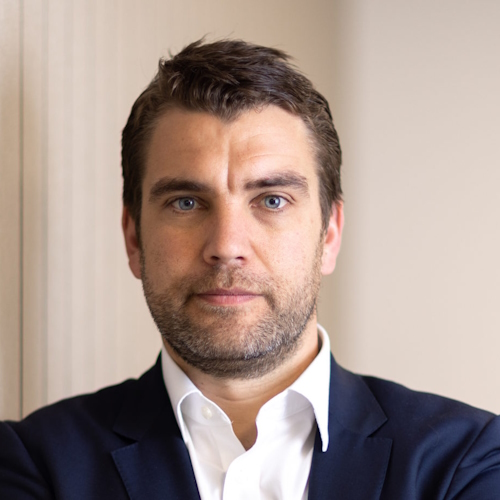
Dr Richard MurrayORCA Computing 
Dr Richard MurrayORCA Computing Richard co-founded ORCA Computing in 2019. He is an accomplished business executive and technologist with a PhD in quantum atom-optics and over 15 years of experience managing scientific teams working on disruptive early-stage technologies such as quantum, AR/VR and other consumer and industrial applications of photonics. Under Richard's leadership, the company has grown to a team of over 65 people and expanded its global presence by establishing U.S. headquarters in Austin, Texas, following a strategic acquisition in 2024. He developed a roadmap focused on building a fault-tolerant universal quantum computer. Previously, Richard worked for the UK government alongside Sir Peter Knight creating the £270m UK quantum technologies program. He was also pivotal in the early stages of the €1 billion EU quantum flagship program. 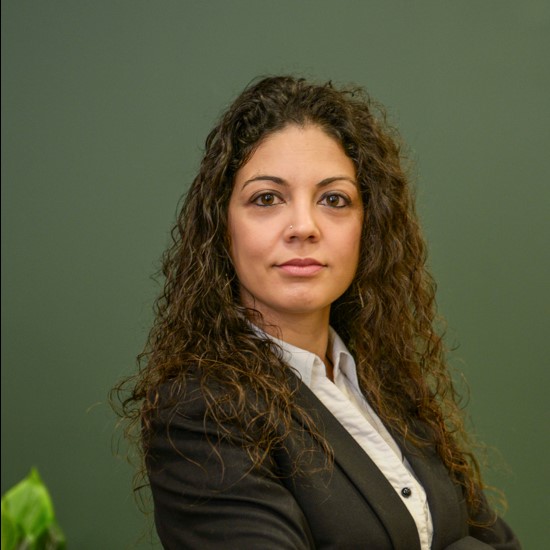
Dr Araceli Venegas-GomezQURECA 
Dr Araceli Venegas-GomezQURECA Dr. Araceli Venegas-Gomez spent several years working for Airbus in Germany and France as an aerospace engineer, before falling in love with quantum mechanics. She then decided to follow her passion for physics, and moved to Scotland to pursue a PhD in quantum simulation at the University of Strathclyde. Following discussions with the different quantum stakeholders she had over the last years, Araceli identified the need to bridge the gap between businesses and academia, as well as to raise the quantum awareness to the general public. Continuing her work on outreach advocating quantum technologies, she was named the “quantum ambassador”, after winning the Optical Society Milton and Rosalind Chang Pivoting fellowship in 2019. Araceli founded her own company called QURECA to create a link between the different stakeholders in the quantum community through a common language, and to generate global education opportunities with quantum technologies. QURECA provides a range of professional services and the solution to the quantum workforce skills bottleneck: the first online platform for quantum training, to support individuals and businesses to be part of the quantum revolution. 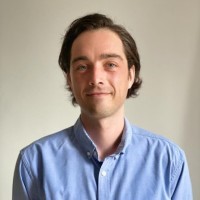
Ollie CorfieldInfleqtion 
Ollie CorfieldInfleqtion Ollie completed an undergraduate master’s degree in mechanical engineering at the University of Warwick in 2014. In 2016 he joined the doctoral training centre at Imperial College London, which involved undertaking a master’s degree in quantum systems engineering, followed by a PhD in experimental atomic physics. During his PhD Ollie built a new ion trapping experiment to investigate quantum coherence and robust 2-qubit gates. Ollie joined Infleqtion in 2021 working on neutral atom systems. In the past 3 years Ollie has transitioned back into engineering where his focus is on taking cold atom technologies out of the lab and into commercial products. |
|---|
| 15:40-16:25 |
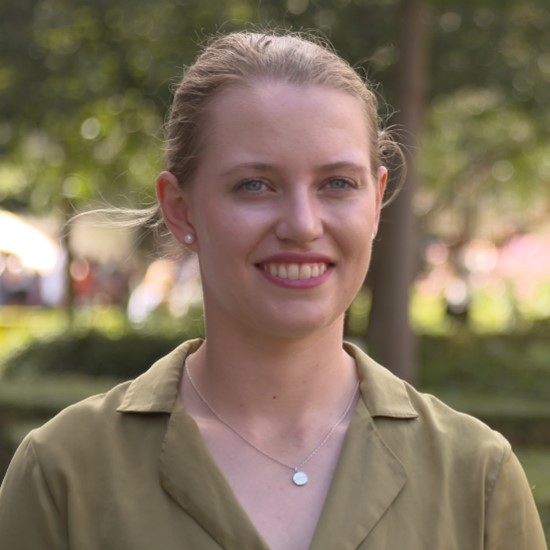
Ellen DevereuxFujitsu 
Ellen DevereuxFujitsu Ellen Devereux is a Quantum Computing Consultant at Fujitsu where she advises customers on how quantum computing could support their business’ as well as supporting the growth of Fujitsu’s quantum computing capabilities. Ellen is inspired to realise the potential that technology and people possess to digitally transform the world. Ellen is also currently undertaking a PhD at the University of Warwick in Algorithms for Quantum Computers with commercial applications. Prior to Ellen’s work at Fujitsu she worked as a research analyst at the Culham Centre for Fusion Energy and she holds an MPhys from the University of Bath. 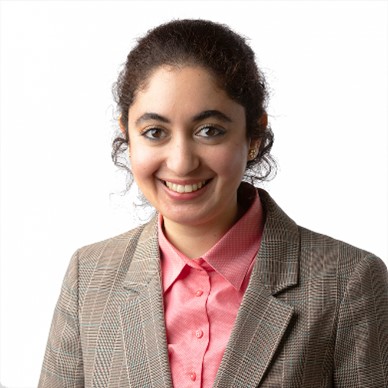
Dr Najwa SidqiScience and Technology Facilities Council 
Dr Najwa SidqiScience and Technology Facilities Council Dr. Najwa Sidqi has recently joined STFC and the NQCC as the Harwell Campus quantum cluster manager. In her role, she aims to position Harwell Campus as a leading national cluster for quantum technologies. She plans to leverage the campus's national facilities, such as the NQCC, and its thriving clusters in space, healthcare, and energy, to expand the community and develop practical quantum applications. Najwa comes to this significant endeavour after five years at Innovate UK Business Connect, where she served as the knowledge transfer manager for quantum. During her tenure, she mapped the UK and EU landscapes, facilitated collaborations between diverse stakeholders, and contributed to several government reports and activities including the UK quantum infrastructure review by the Royal Academy of Engineering. Najwa completed her PhD at Helia Photonics and Heriot-Watt University in 2019, supported by a Marie Skłodowska-Curie fellowship. She also holds an MSc in nanotechnologies from INSA de Rennes, France. Before her PhD studies, she held several engineering positions in the semiconductor and large-area glass coating industries in France and Germany. 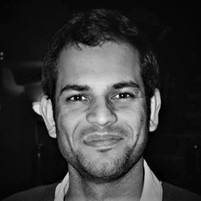
Dr Johann de SilvaDepartment for Science, Innovation and Technology 
Dr Johann de SilvaDepartment for Science, Innovation and Technology Holding a PhD in experimental physics and following a decade long research career in materials science across the UK, France, Belgium and Ireland, where I worked closely with academics, startups and multinationals, I joined the UK Government in 2017 where I have held various roles across export regulation, international trade, energy resilience and science policy. I currently lead on international policy and engagement in the Office for Quantum, forging beneficial partnerships between like-minded nations. The Office for Quantum was established at the end of 2023 and is responsible for quantum technologies policy within the UK Government, as well as delivery of the £2.5bn National Quantum Strategy. The Office sits within the Department for Science, Innovation and Technology. |
|---|
Chair
Professor Ruth Oulton, University of Bristol, UK
Professor Ruth Oulton, University of Bristol, UK
Ruth Oulton’s field of research involves the study of nanoscale semiconductor devices that enable the exchange of “quantum” information between a single electron and a single photon. The idea is that they can use the rules of quantum mechanics to perform computing and measurements in a completely new way. She take ideas from quantum theory and information science, bring them together with what we are beginning to understand about semiconductors on the nanoscale, and to make working quantum devices that engineers will use as part of their everyday toolkit. In her recent work she studies single electron spins in atomic-like systems, and studies how the angular momentum of the photon and spin exchange information, and how photonic design can influence this. In other interdisciplinary side projects she studies the role of photonic structures in plants such as seaweed and begonias.
